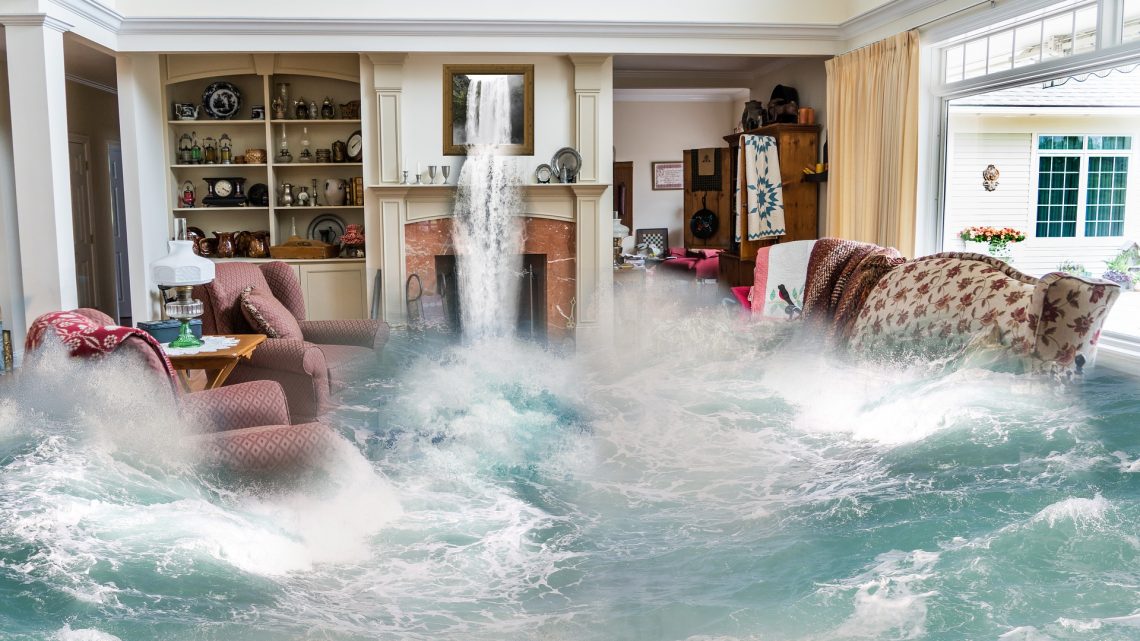Living twelve miles from the Mississippi River makes for interesting travel. Roads are impassable. Creeks have swollen until driveways, country roads, and even city streets are closed. Homes and communities in fourteen states have been under water this spring. Farmers who usually have thriving crops by now instead have what appears to be a lake. Whether it’s because of the river backwater or rainwater with no place to go, the water continues to rise, the rain continues to fall, and it seems like we’ve all built our house on the sand.
Since much of the land that is under water this spring and summer is cropland, farmers are seeing their livelihood slip right through their fingers… and they’re not the only ones. What we see now if we’re driving too near the water, we will soon see in the grocery stores, and for years to come.
Still the rains fall. Severe weather that usually occurs throughout spring has stretched into summer here in the midwest, and communities are continually ravaged by tornadoes, high winds, and power outages. Many may look around and wonder “what did we do wrong?” The farmer who has 900 successful acres this spring instead of the usual 10,000 might wonder why God allowed this to happen. The business owner who had to close shop during the first year because costs rose or demand fell asks the same question. Why this? Why now? Why me?
The Wise Man and the Foolish Man
The old song goes, “The wise man built his house upon the rock” and when the rains came and the floods rose, the house stood firm. “The foolish man built his house upon the sand” and when the rain fell and the floods came, his house went SPLAT!
We all want to be that wise man. His house is built on a rock. He may be high on a hill when the floods come. He may watch the disaster from his porch under the shelter of a roof and sipping on some iced tea.
We don’t want to be the man who builds on the sand, in the desert, on the beach, in Tornado Alley, on the New Madrid or San Andres Faultline. We don’t want to say all the right things, do all the right things–anchor the frame of our house in solid concrete with steel cables and trade in our shingled roofs for metal–and still, watch it burn to the ground during a lightning storm. We don’t want to watch all we’ve done and earned go up in smoke–not when we don’t deserve it.
Poor Job
This whole concept makes me think of poor Job. He built his house on the rock. He was so good that he was called blameless and upright, he feared God and shunned evil (Job 1:1). He made sacrifices on behalf of his children. I imagine he also helped the poor. Maybe he donated a sheep regularly to needy villagers. Job was so good that the land of Uz took notice. Heaven took notice. Satan took notice. His character was not just built on stone, but made of stone so much so that God did not question it in the face of taunting Lucifer. Poor Job built his house well, but it did not stand in Job 1. It didn’t stand in Job 2. The house was in shambles until Job chapter fourty-two!
I’m studying Job right now, and we’ll look at his story more in the future, but for now I will leave you with this:
Evangelism is just one beggar telling another beggar where to find bread. D.T. Niles
Perhaps the only way Job could minister was through his suffering. Perhaps the only way any of us can is through our own story. Maybe our suffering lasts ten minutes, and maybe it lasts ten years. If my house falls, at least I can rest assured that my bricks and stones are made by the hand of the Maker. The flood waters, the sand, and the storms are all His, and so am I.









